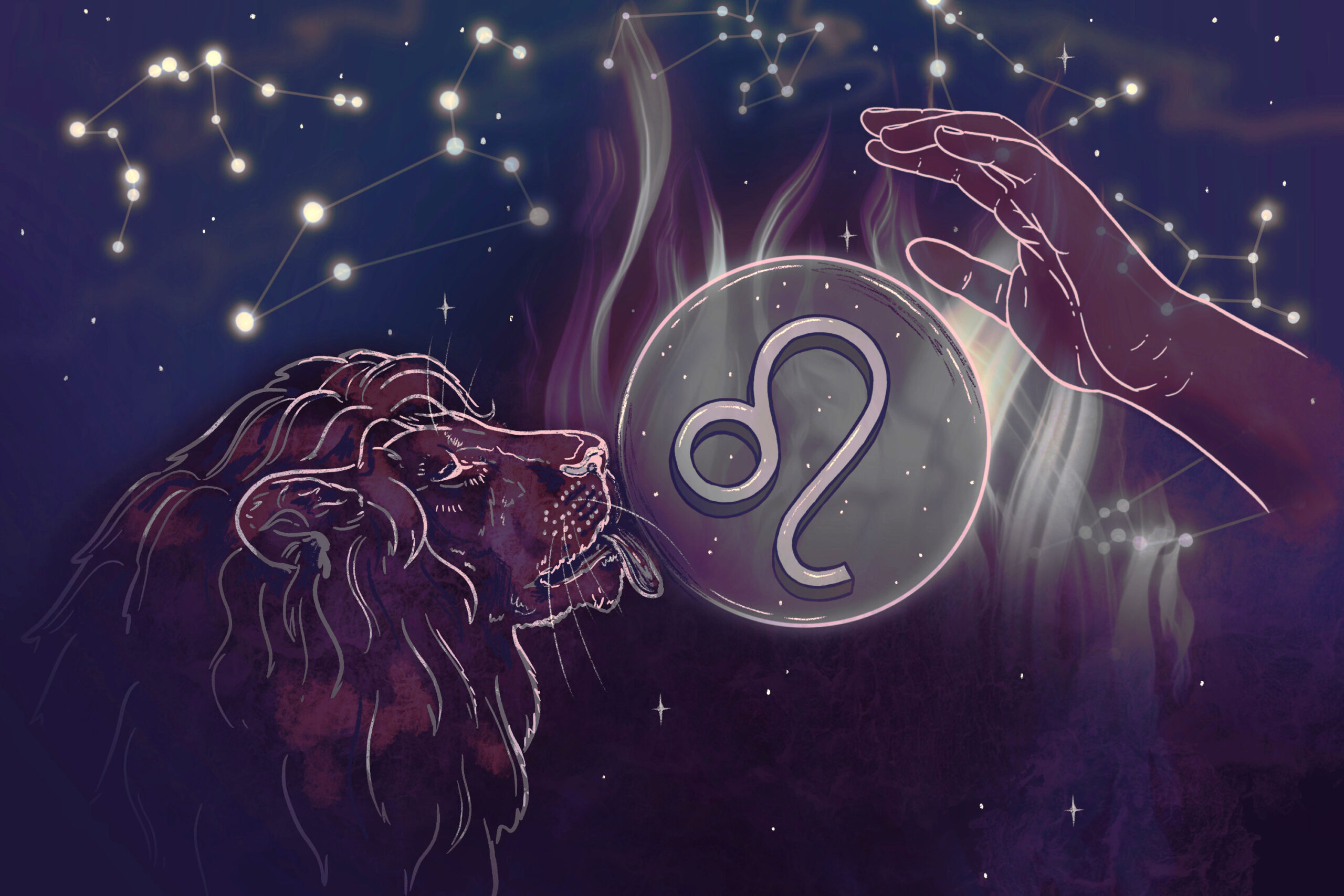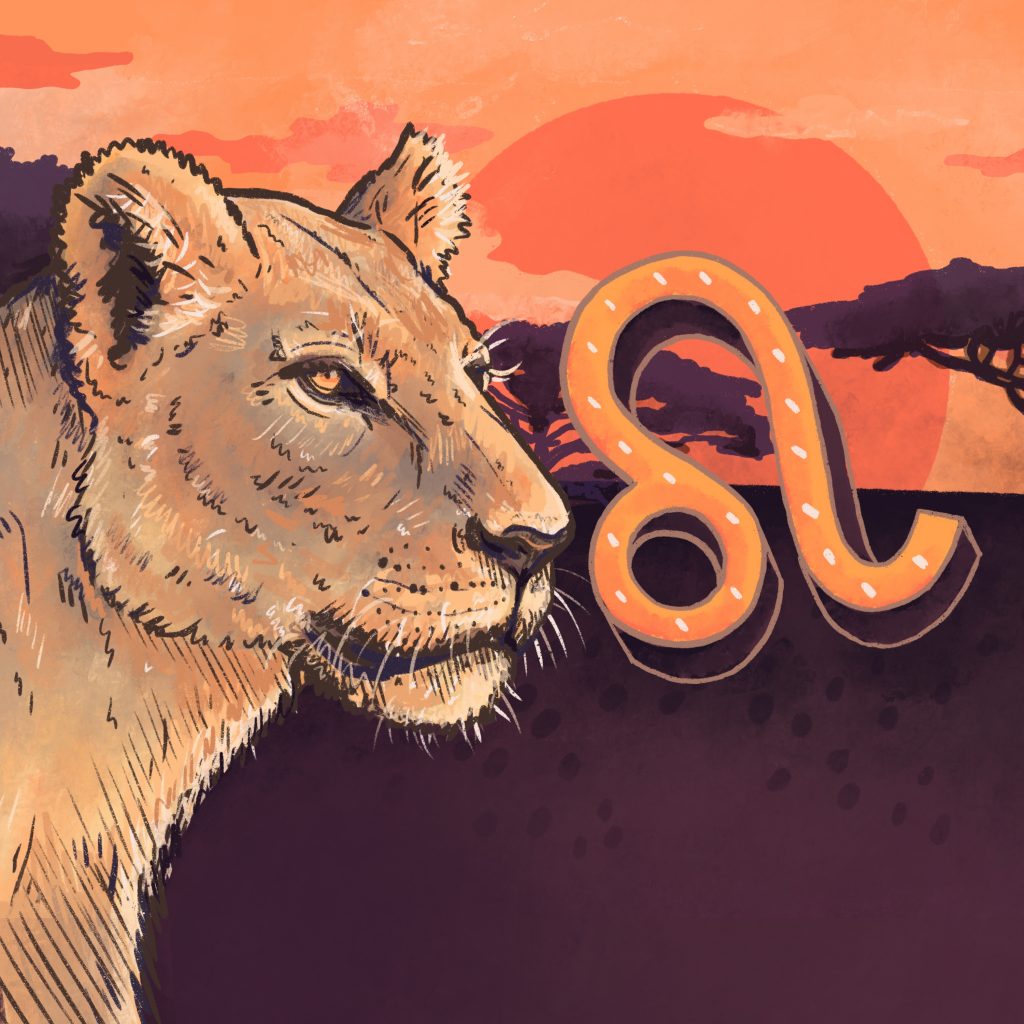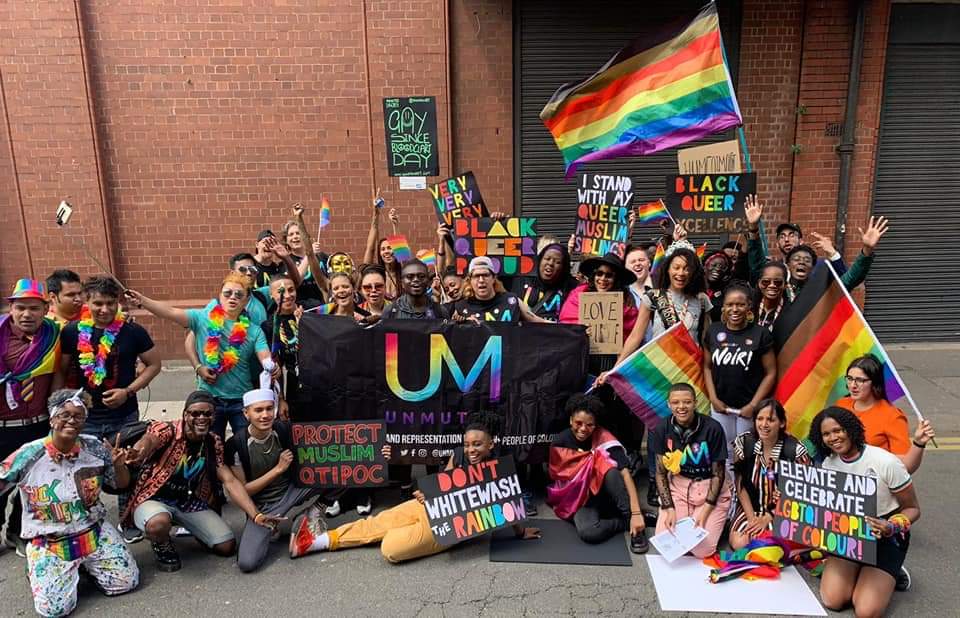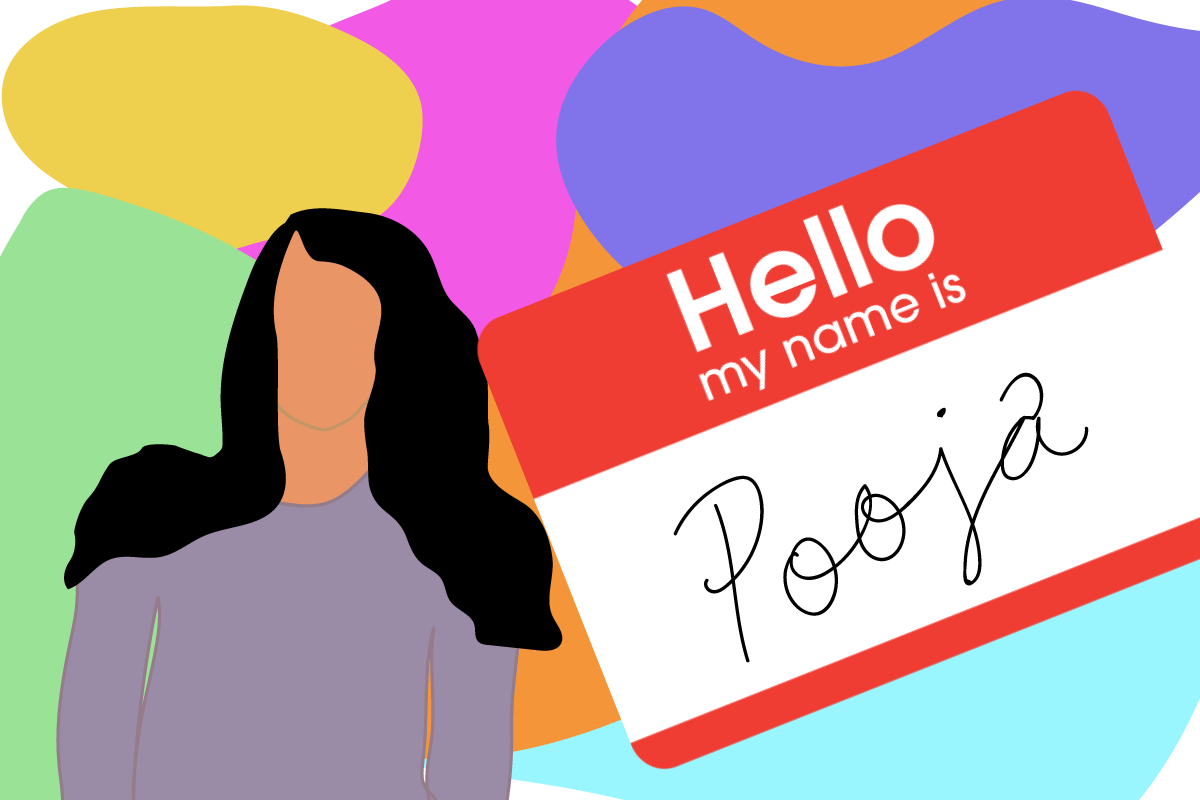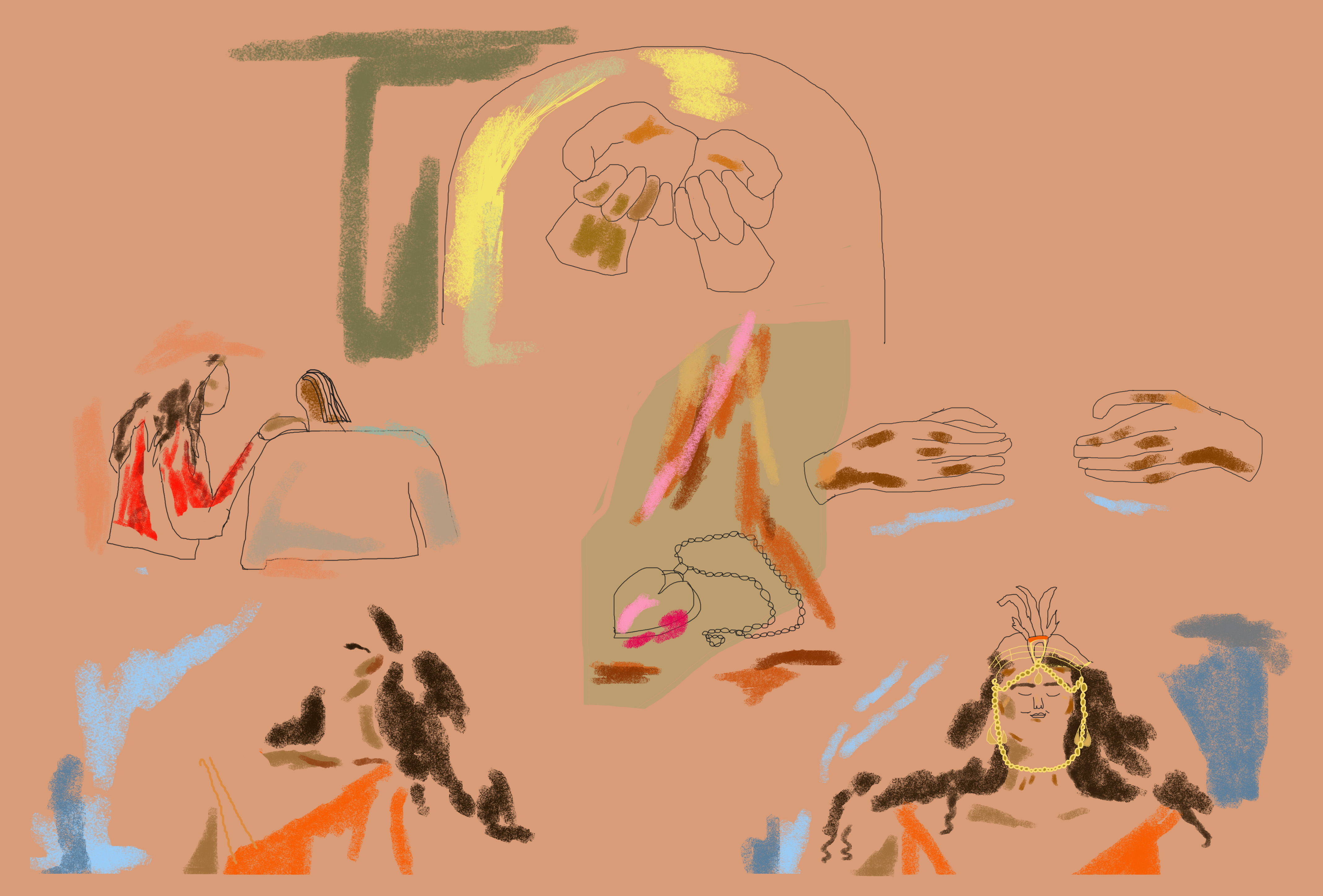
What’s in a name? For people of colour, a name can mean more than you’d think. Varaidzo writes about why she changed her name twice in order to reclaim her identity.
‘Foreign’ names. They’re constantly treated as separate from the person they belong to. They’re exotic artefacts, or they’re exercises in phonology. Has a Charlotte ever had to consider what her name might mean? Or had to explain that the ‘ch’ misleadingly makes a ‘sh’ sound? Has a Charlotte ever had to consider her name at all?
My name seemed to belong to everyone else but me. Each time it was mispronounced, or exoticised, or questioned, or ignored, I felt like I had less control over my name and less control over my identity. I wanted it gone. I wanted a name that was mine, that was me.
On my right arm I have a tattoo of a panther with the words “as sweet” written in its chest. The words are an incomplete Shakespeare quote from Romeo and Juliet. If my arm had allowed for the space, the quote in full would read: “that which we call a rose by any other name would smell as sweet.”
It’s from that famous scene where Juliet is at her window lamenting about how her lover Romeo comes from the Montague family, who are always at odds with her own. I read this scene in GCSE English class in a textbook copy with annotations on the side. Juliet, the textbook explained, does not believe something as simple as a name should stop her from being with her true love. Juliet thinks that were Romeo not called Romeo, were he called anything else, he would still be the guy for her.
Back then, I went by a different name; Taru. It was not quite my birth name, rather it was a shortening of the four syllable, eight letter original for everyone else’s ease. Taru is simple, phonetically spelt, foreign, and I hated it. It felt boyish and stubby and unfinished. But when you have a ‘foreign’ name, it’s difficult to tell whether you hate it because you don’t like it, or if you hate it because everybody else does.
Bafflingly, my name was always treated as difficult. Substitute teachers wouldn’t even attempt to call it out during the register, resigning themselves to failure before they’d even tried. “Sorry, I can’t pronounce this,” was a phrase I heard often. It was never a real apology. It was a reminder that my name was different and difficult, that it didn’t do its function as well as the names of my white classmates.
Even when someone complimented my name, they would say something along the lines of, “beautiful name, what does it mean?” I’m sure my parents chose it with the meaning in mind but to me it was just a name. All it meant was that if they called it I would come.
On my left arm, I have a tattoo of the Zimbabwe Bird. It is the totem on the flag of Zimbabwe, my fathers country, and in my fathers language our surname means bird. On my mother’s side, the English side, the national animal is inexplicably a lion. I was born in the middle of August and my star sign is Leo, the symbol of which is also a lion, so I changed my name to that. Leo; both the lion and the bird, both English and Zimbabwean, both my mother and my father, but one hundred percent me. Even the stars cosigned it.
Since legally changing my name to Leo I’ve rethought Juliet’s scene on the balcony. She isn’t trying to say that a name means nothing. Rather, she is saying the opposite. She is saying that although Romeo would be the same man whatever his name, his name possesses so much power that it is destined to keep them apart. In a world where you can be discriminated against because of your name it’s not so easy to deny how powerful a name is.
Going from a ‘foreign’ name to a Western one is like cheating the system. My name wears a disguise. It pretends that I’m male and European. It pretends not to be other. It is cultural assimilation in a way I’m no longer comfortable with.
I don’t want to get job interviews over an equally capable applicant because my name suggests I would be better at it. I don’t want to get my pitches accepted by editors because my name infers authority and expertise. I don’t want to assimilate, because by assimilating I imply that discriminating by name is acceptable, and that others should work around this kind of prejudice by changing their names too rather than protesting against it.
I have one more tattoo on my right arm. It is my middle name, my favourite name, and deserving of a softer home than the middle of my birth certificate. It’s now etched permanently on my skin. Varaidzo. This is the name that I write under now. I have a birth name, a legal name and a pen name, and all three are my ‘real’ name. They serve different purposes, but share with each other that they help me feel comfortable. All three are me, all three are equal, and whichever one I use I’ll still be as sweet.

